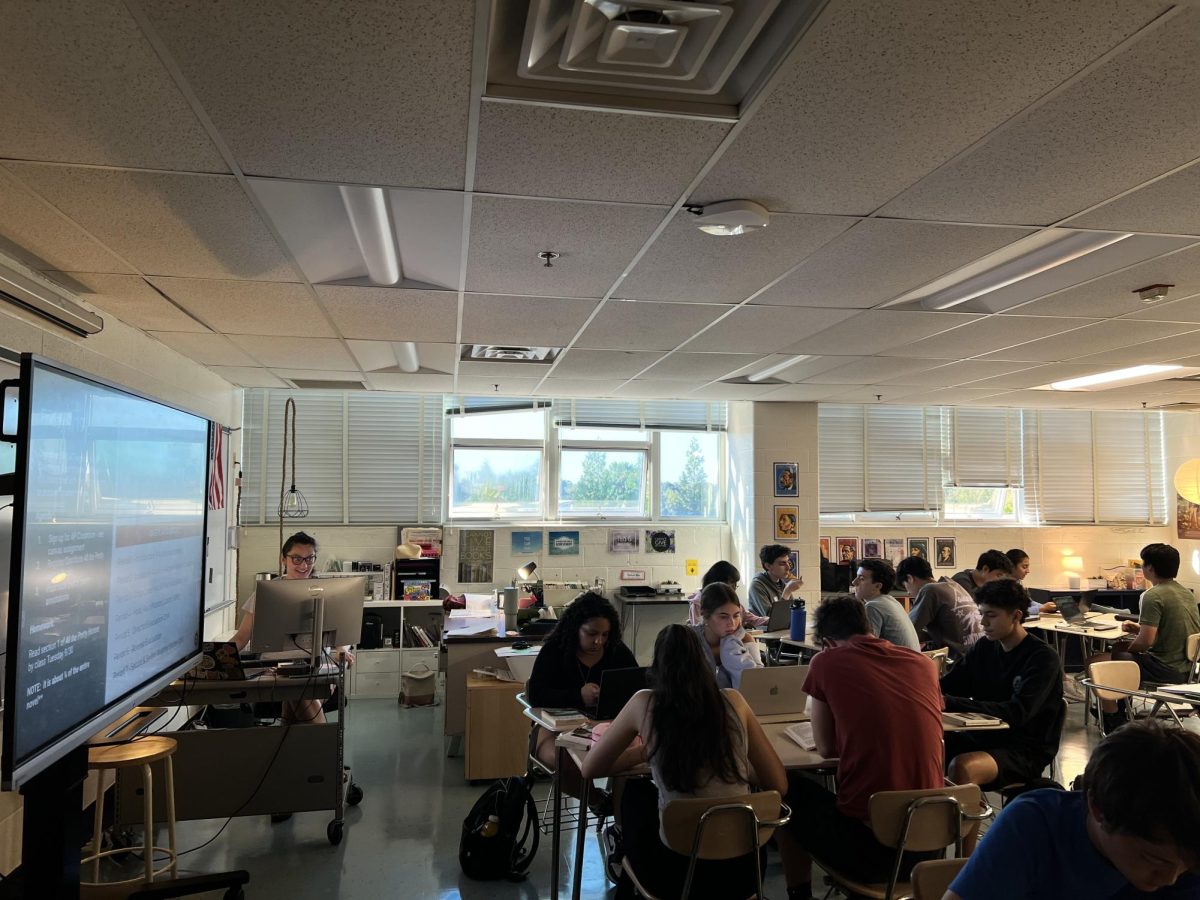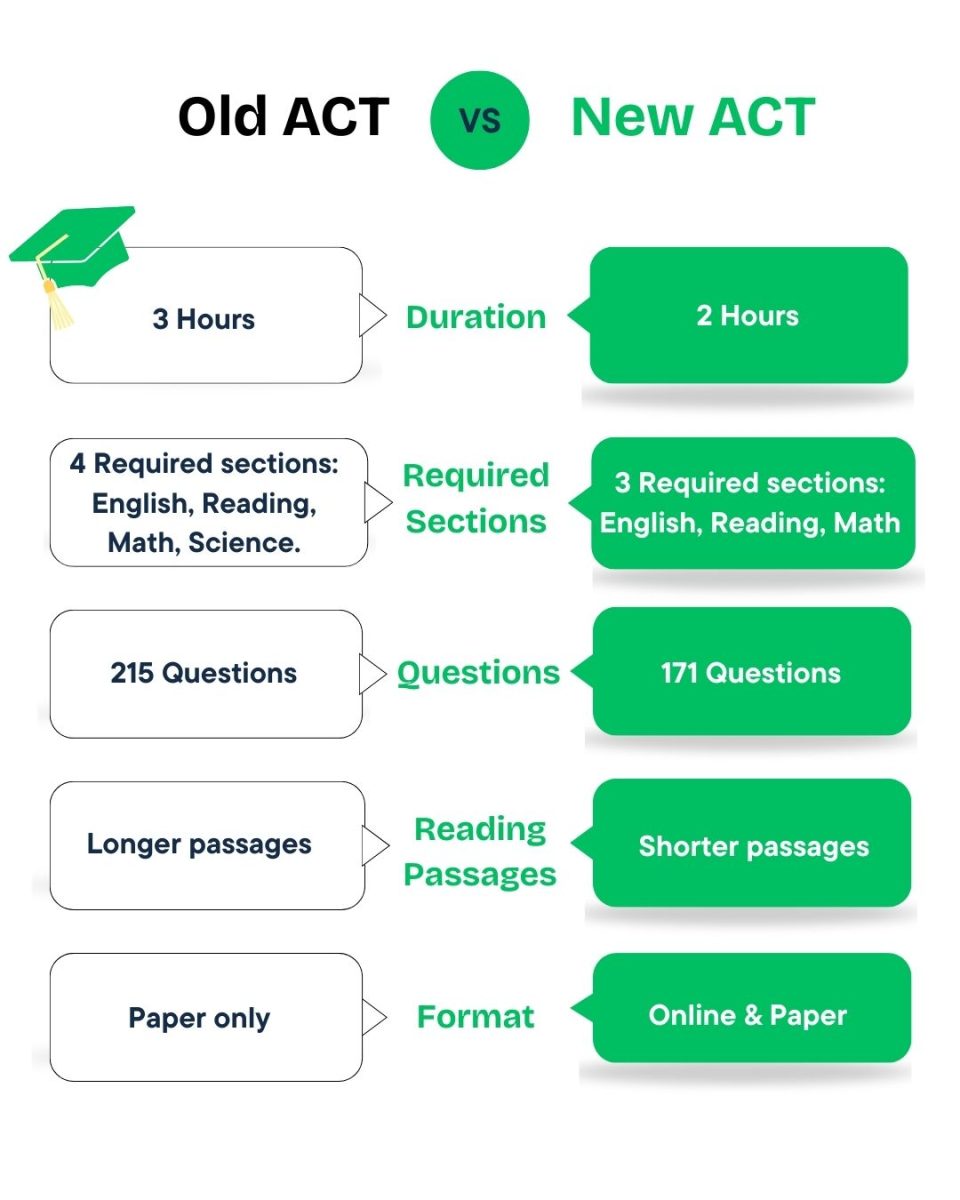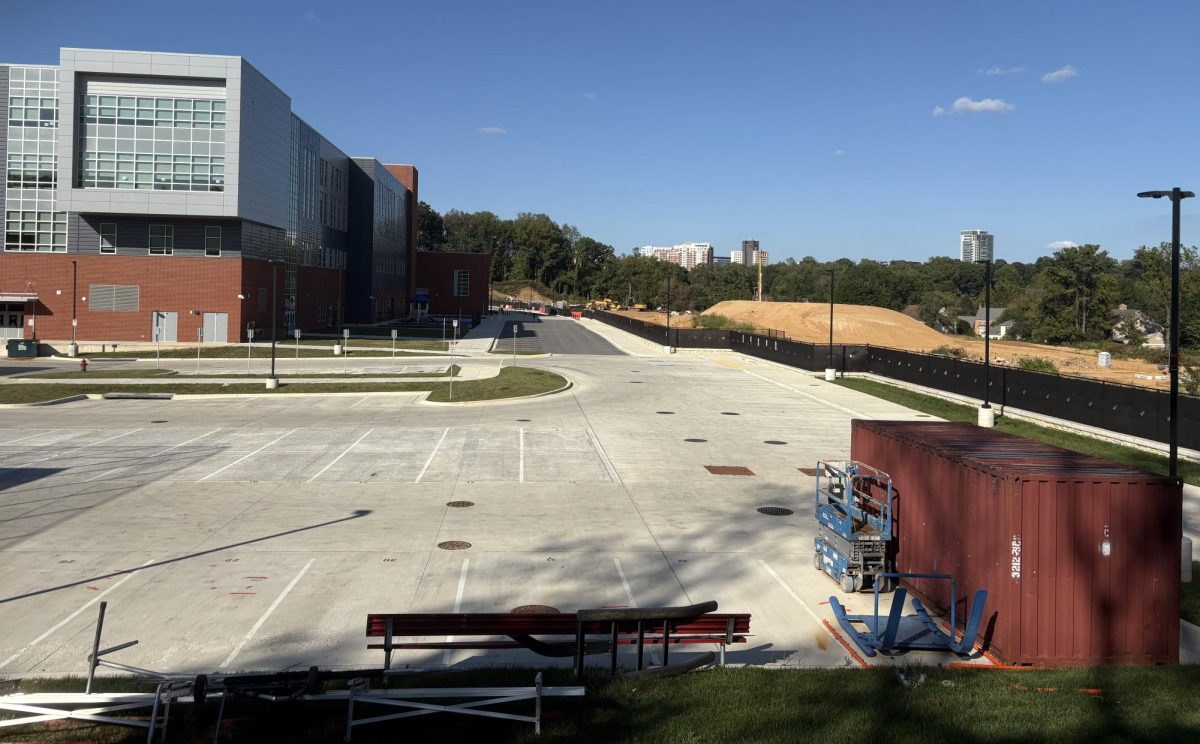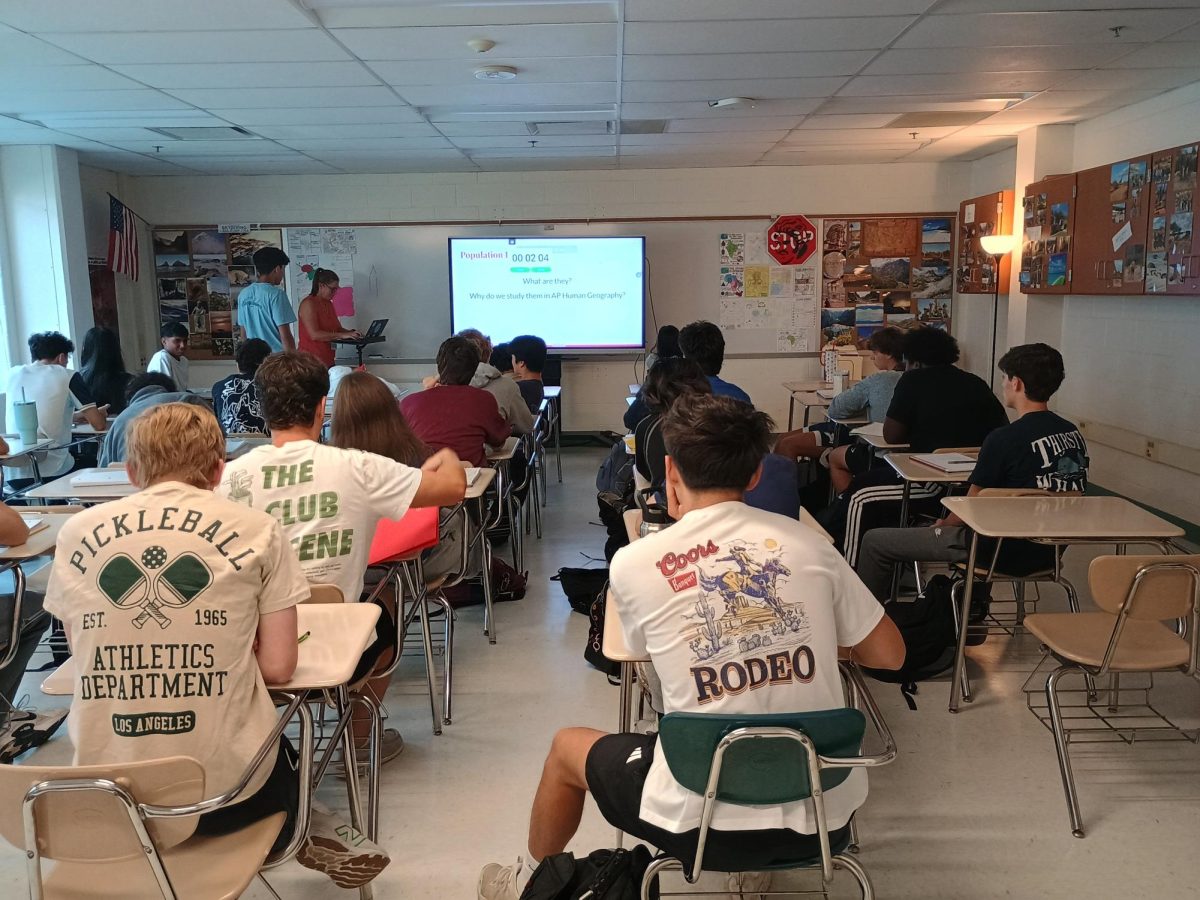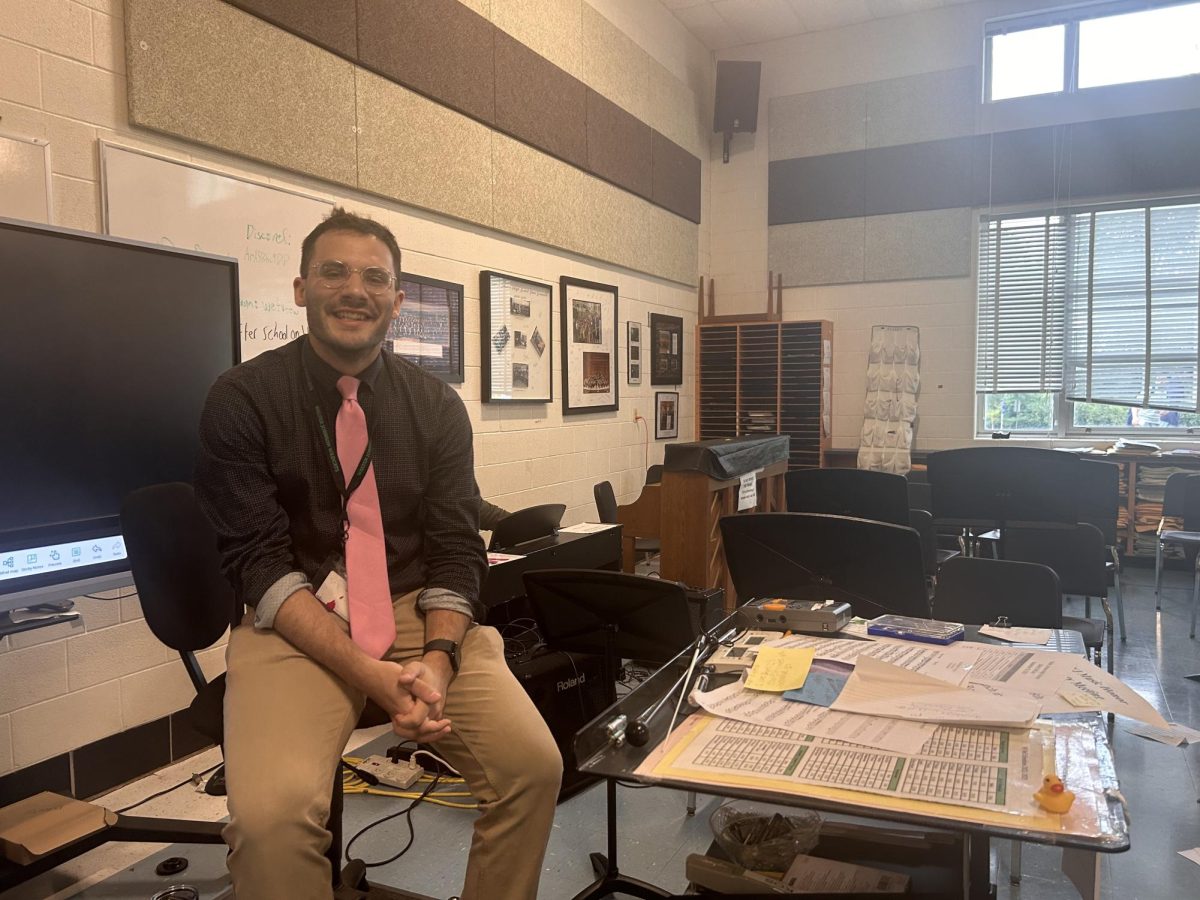World infected with protest fever, riot police arrive early to beat crowds
Protests against police brutality and systemic racism which began in major American cities have proliferated across the world. Ignited by the death of George Floyd at the hands of Minneapolis police officer Derek Chauvin, the protests have seen civilians clash with cops, at times, violently. Several videos show and eyewitnesses describe police using tear gas and rubber bullets on peaceful protesters, rioters targeting cops with projectiles and widespread looting. Most notably, in a widely criticized decision, cops dispersed protesters with riot control agents in Lafayette Square, just outside the White House, so President Donald Trump could visit St. John’s Episcopal Church. The purpose of the protests appears to have morphed, as cries of defunding police forces amplify. Protesters have also taken their anger out on statues honoring historical figures. In Bristol, the United Kingdom, protesters tore down a statue of Edward Colston, a 17th century slaver; Londoners graffitied “Churchill was a racist” on a bronze of the former prime minister; across the United States, people disfigured and defaced Christopher Columbus statues; and authorities in Antwerp, Belgium dismantled a statue of King Leopold II, the Belgian king who instituted a reign of terror in the Congo.
Sino-Indian border dispute leads to Hi-malaise in South Asia
On May 5, near the lake Pangong Tso, in a disputed section of the Sino-Indian border, Indian and Chinese soldiers engaged in a non-lethal but aggressive skirmish. The tension between these two Asian superpowers has intensified during May, with additional skirmishes reported in Sikkim and Eastern Ladakh. After senior officials from each country met to discuss a peaceful solution, both nations have begun to withdraw troops from the area. This border dispute is not a novel conflict, as tension stems from the 1962 Indo-Chinese War, which led to large-scale combat in unforgiving mountain conditions, thousands of deaths and a swell in the two countries’ reciprocal animosity.
Hong Kong police block Tiananmen Square vigil, CCP tank-ful
On June 4, defying their government’s ban, tens of thousands of Hong Kongers attended a vigil for the victims of the 1989 Tiananmen Square Incident, when Chinese armed forces crushed student protests in Beijing. Like the vigil’s innumerable attendees gathered in Victoria Square, the students were demanding democratic reforms in China. As protests intensify and the Chinese Communist Party tightens its Iron Grip on Hong Kong, many outside observers fear a more ruthless reprisal of the Tiananmen Square Incident.
Benjamin Netanyahu urges Israeli aggression, potentially calling Pales-time on peace with Gulf states
On May 28, Israeli Prime Minister Benjamin Netanyahu announced his intention to annex up to 30% of the West Bank. Netanyahu’s proposed militancy has divided both Israelis and the international community. Israel’s right-wing party, Likud and the United States government have indicated varying levels of support in annexation, while Israel’s left-wing parties, the Labor Party and Meretz, Arab parties in Israel, Israeli settlers in the West Bank and the Gulf states of Jordan, Egypt, Iran, the United Arab Emirates and Saudi Arabia have voiced their opposition to Israeli aggression. Meanwhile, in Palestine, President Mahmoud Abbas’ Fatah party attempted to organize a demonstration against Israel in Palestine’s capital, Ramallah, but were only able to attract a crowd of 200 people.



